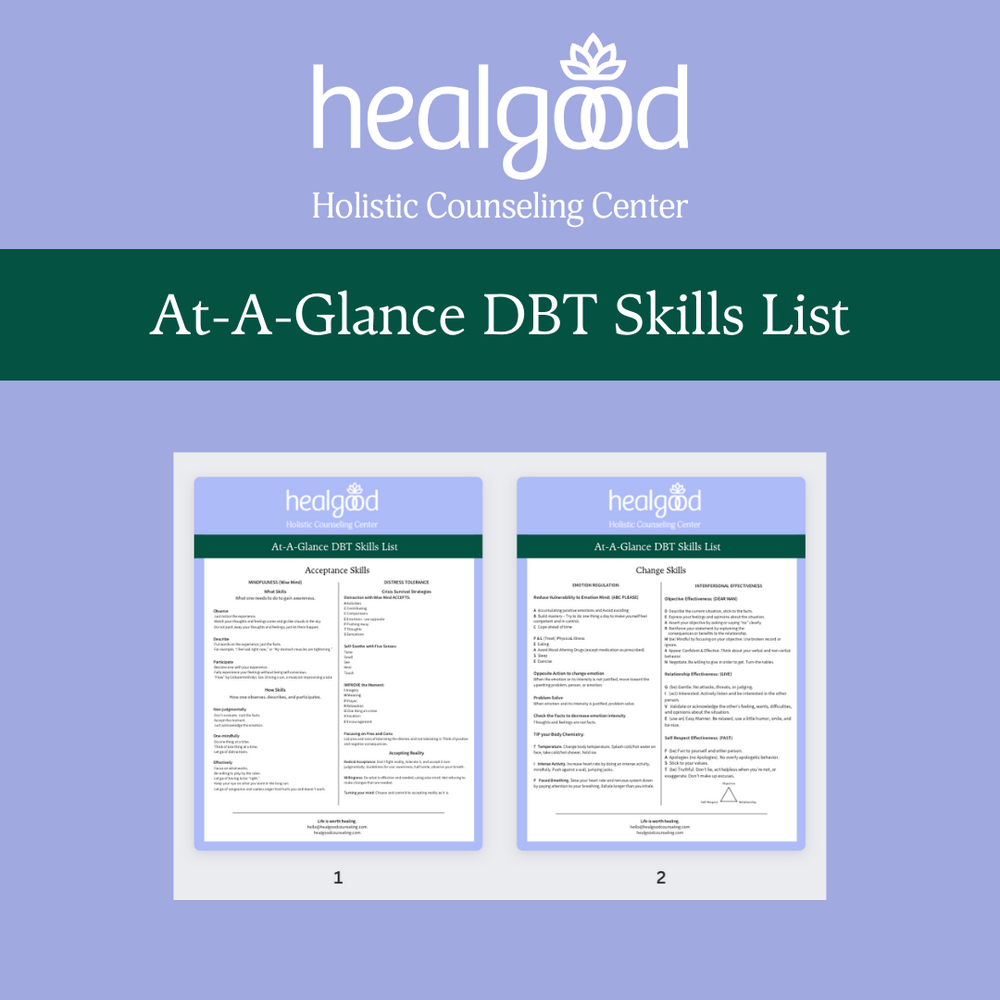Nourishing Recovery: 5 Tips for Supporting Your Child During Meal Times in Eating Disorder Recovery
Contributed by Marissa Buckley, LD, RD & Chelsea Fielder-Jenks, LPC-S, CEDS-S
As a parent, watching your child struggle with an eating disorder can be incredibly difficult. Supporting your child during meal times is an essential part of their recovery, but it can also be one of the most challenging.
Here are five tips to help you support your child during meal times in eating disorder recovery.
Create a Calm and Safe Environment
When it comes to meal times, creating a calm and safe environment is essential. Avoid discussing any triggering topics (examples include: talking about food, speaking about or commenting on bodies, commenting on table behaviors), engaging in conflict during meals, or sitting in complete silence. Instead, create a peaceful and welcoming space that your child can feel comfortable in. You can play some calming music or engage in some light conversation to help your child feel at ease. If your child feels comfortable during meal times, they may be more likely to eat the food that you have prepared for them.
2. Be Understanding and Supportive
Recovering from an eating disorder can be a long and difficult process, and it’s important to remember that your child needs your support during this time. Be understanding of their struggles and offer them encouragement and support. If your child is having difficulty eating, try to be patient and supportive. Remember that your child is not intentionally trying to be difficult, but rather is struggling with a serious illness. Avoid making negative comments about your child’s eating habits, as this can lead to feelings of shame and guilt.
3. Remembering “Meal Plan as a Minimum”
It is important that those struggling with an eating disorder have a individualized meal plan, created with a Registered Dietitian who specializes in eating disorders, to ensure that they are getting the nutrition they need. It is important to remember that the meal plan is a minimum — while the aim is to at least meet the meal plan, it is important to hold the meal plan with some flexibility and know it’s okay to have additional components as well.
4. Support Distress Tolerance
Healgood’s At-A-Glance DBT Skills List Mindfulness, Distress Tolerance, Emotion Regulation, Interpersonal Effectiveness Download Your Copy Now
Distress tolerance is an essential tool in eating disorder recovery. Meal times can bring up many overwhelming emotions for those in recovery. Encourage your child to use distress tolerance skills and engage in the use of these skills with them. Some of our favorite go-tos at Healgood are:
Playing fun games (examples: TableTopics - a family conversation game, Bananagrams, 20 questions, or would you rather)
Engaging in conversation about topics they enjoy (examples: television shows, art, friends, places they want to visit, etc.)
Provide self-soothing tools (examples: an ice pack, fidget toy, music, etc.)
5. Seek Professional Support
Start the morning strong in recovery with support of our Eating Disorder Specialist Therapists & Dietitians.
Register Now
Recovering from an eating disorder can be a challenging and complex process, and it’s important that both those struggling and caregivers seek professional support. A Registered Dietitian who specializes in eating disorder recovery, as they can provide tailored nutritional support. A therapist or counselor who specializes in eating disorders can also be a valuable resource for both you and your child. They can provide individual therapy for your child and can also offer family therapy sessions or parent support groups to help you support your child during their recovery. Meal groups are another great way your child can get the support they need around mealtimes.
In conclusion, supporting your child during meal times in eating disorder recovery can be challenging, but it is essential for their recovery. Creating a calm and safe environment, being understanding and supportive, creating a meal plan together, encouraging meal plan as a minimum, and seeking professional support can all be helpful strategies. Remember that recovery is a process, and it’s important to be patient and supportive as your child works towards recovery. With your support, your child can overcome their eating disorder and lead a healthy and fulfilling life.


